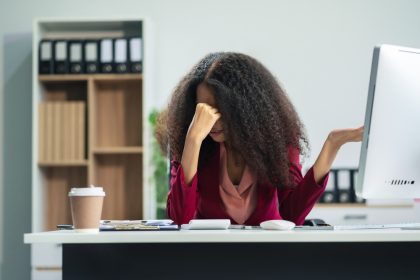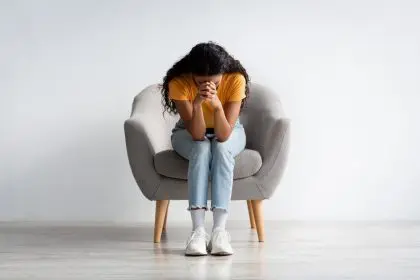
Many people, but African Americans in particular, are watching to see what will come of the criminal charges the six officers of the Baltimore Police Department are facing. Others say what about the violence that plagues urban communities across America every day. When will someone do something about that? Why does it matter? Is all this talk about the violence that happens to, between and among the African American community really warranted anyway? Yes, it is.
Every day African Americans watch the news, read newspapers and hear stories of friends and neighbors who have lost someone to violence. The stories are repeated for days on end often with video being replayed on media outlets depicting the events over and over again. This constant reliving of these events is traumatic and stressful for those involved, their immediate community and the African American community in general. The stress of wondering when the next tragedy will occur can be overwhelming. Small amounts of stress can be helpful and propel us to action. However, chronic, repeated or ongoing stress, like the stress of living in a world where random violence affects us and those we identify with, can have a negative effect on one’s physical and mental health. Any system in the body can be affected. Tense muscles can produce tension headaches. Stress hormones send signals to many systems and can affect breathing, the heart, and weaken the immune system. Chronic stress can also lead to depression, anxiety and other emotional problems. These effects can occur in both adults and children living in these types of environments and can be unbearable. Some may turn to cigarettes, alcohol or drugs to cope but those choices usually make matters worse.
The effects of stress on the body and mind have been well documented. Yet, these problems go unchecked, unidentified and untreated. There are things we can do to manage our own stress when we can’t remove ourselves from the situation. We can take better care of our physical bodies. We can make healthier food choices and exercise more. We can even seek professional help like therapy to learn to cope with stress better. But how do we get to the root of the problem? How do we get the systems that are supposed to take care of, protect and serve us to do so?
So, what’s the real crime? Allowing our children to grow up in a society where they see that their lives are not as valued as those of others is a crime. Educating our children in schools that do not prepare them to become productive citizens is a crime. Refusing to acknowledge the negative impact that violence has on the African American community and its mental and physical health is a crime. We know what works to improve health outcomes, reduce poverty, and enhance educational outcomes. The real crime is we won’t invest in urban communities of color to solve these problems and give all American children a fighting chance for success. –tanya a. royster, MD

















